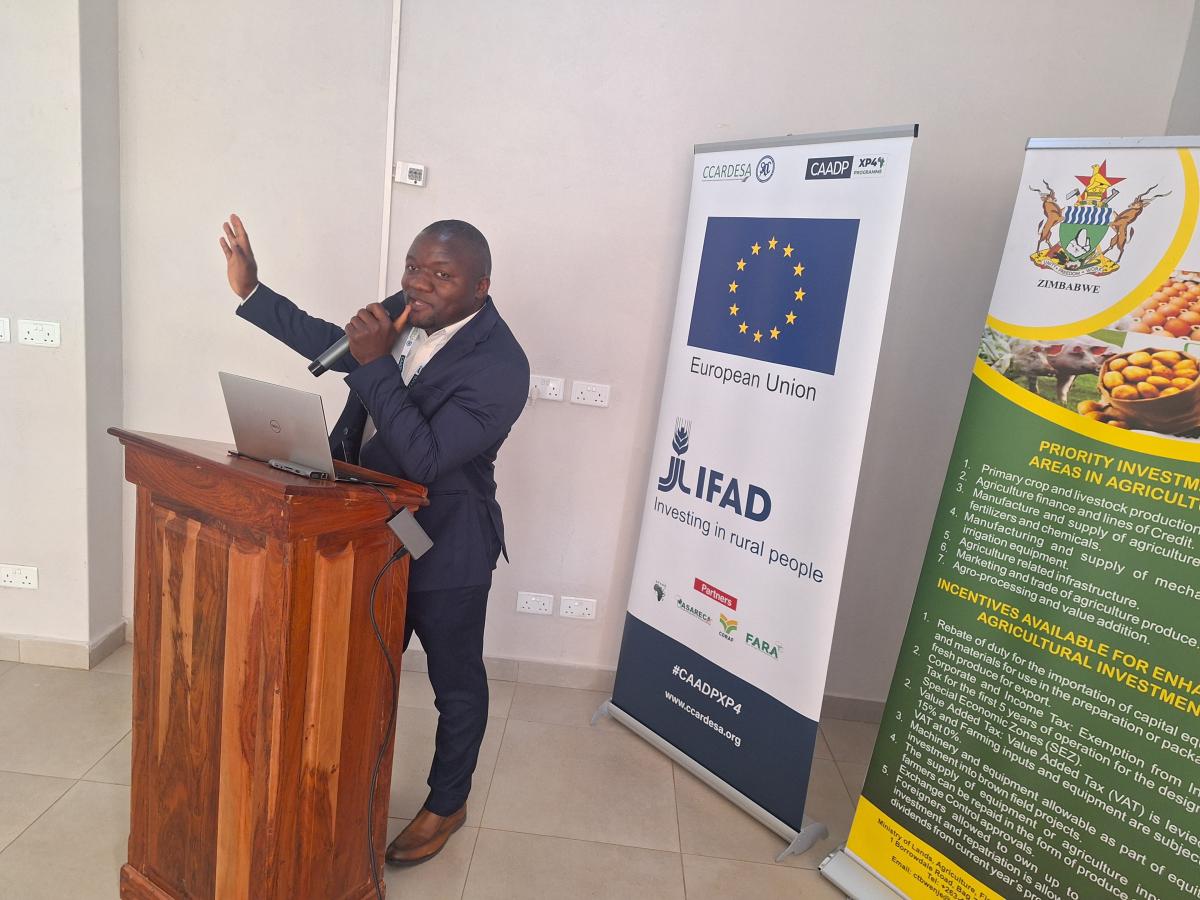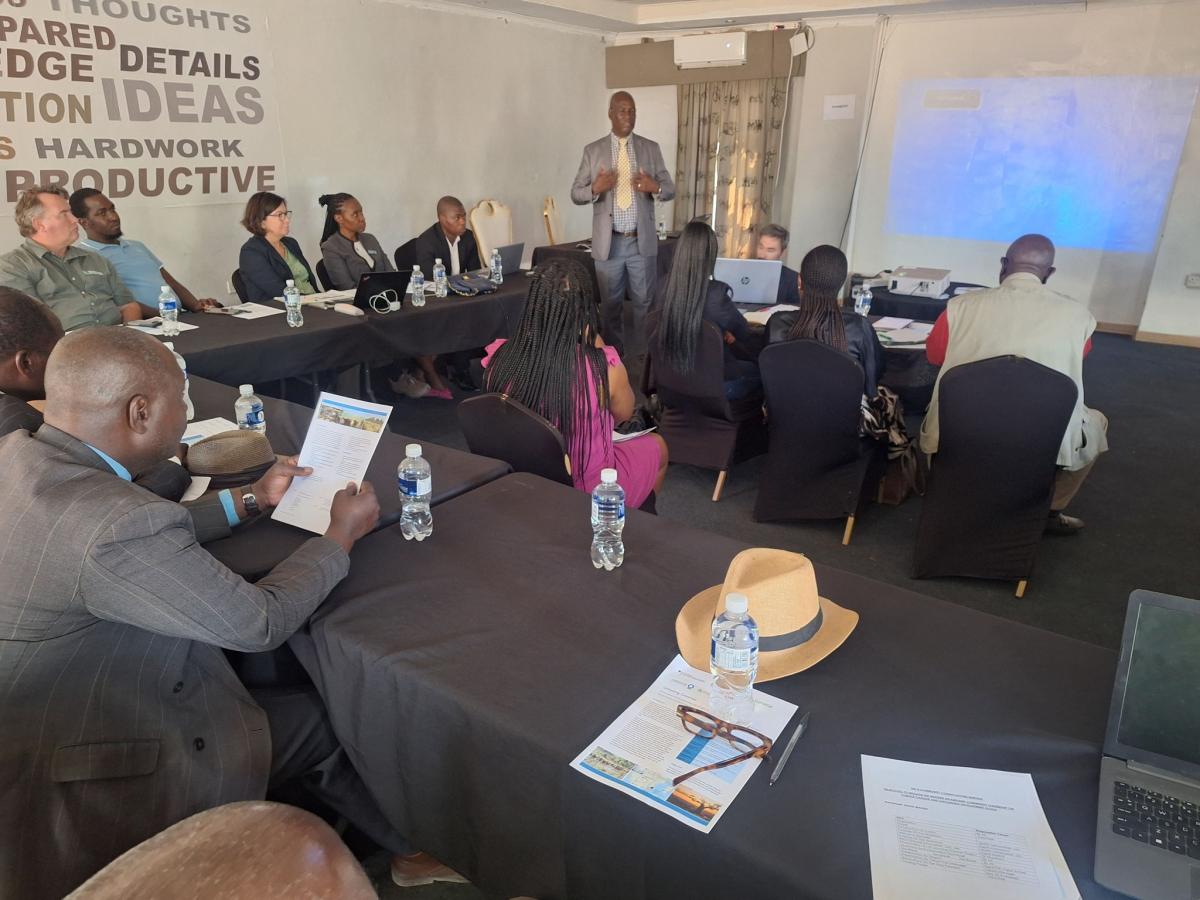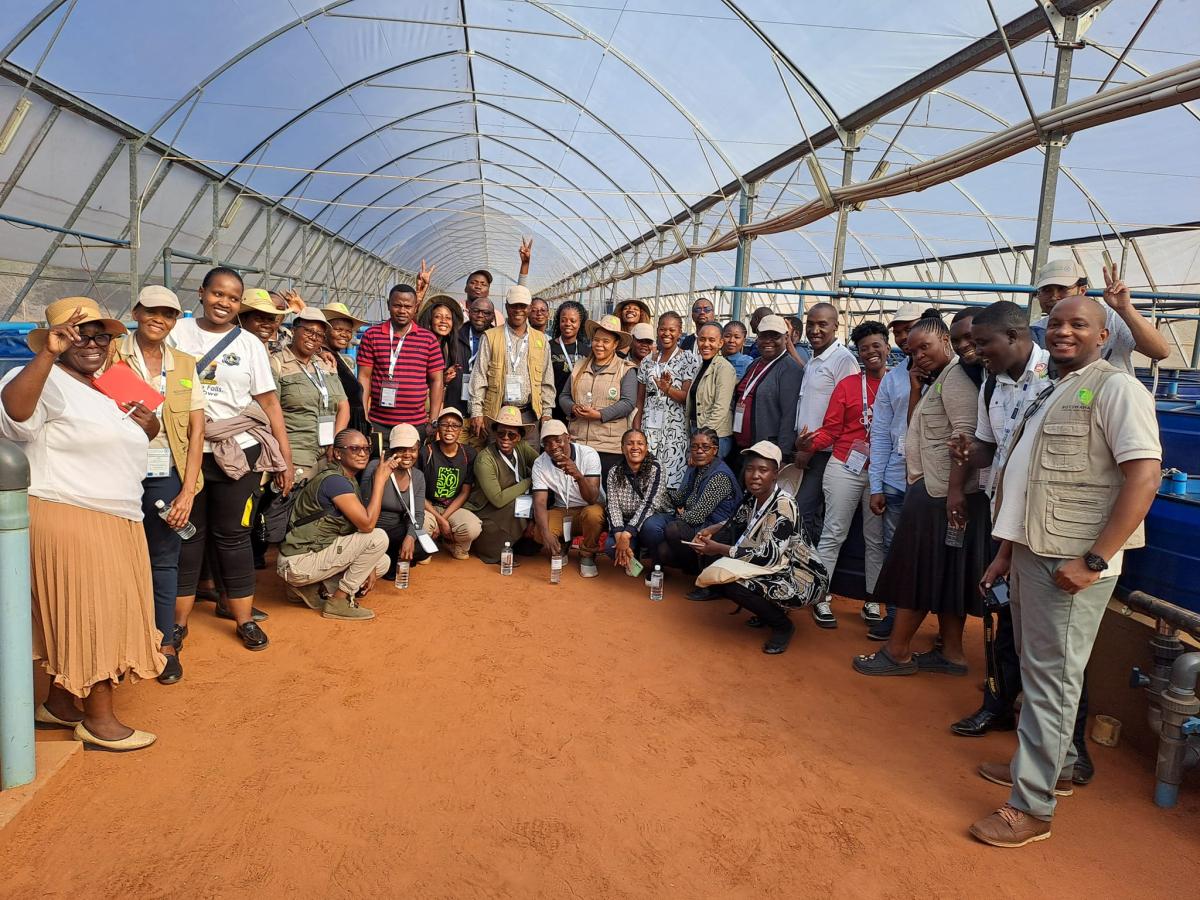A Fund for Cashew - The ComCashew Matching Fund
The ComCashew Matching Fund is a unique private-public partnership model and the only fund for cashew worldwide set up to accelerate the development of the cashew industry. After its introduction in September 2012, there are 27 Matching Fund projects being implemented in Benin, Burkina Faso, Côte d’Ivoire, Ghana and Mozambique. Farm productivity and farmer income ultimately benefit from public and private investments. Business linkages are strengthened with the Fund. This allows reduced transaction costs and assures quality and traceability.
Farm productivity
Fund
Value Chain
Agbavito, E. (2016). The ComCashew Matching Fund. ComCashew Initiative. GIZ.









